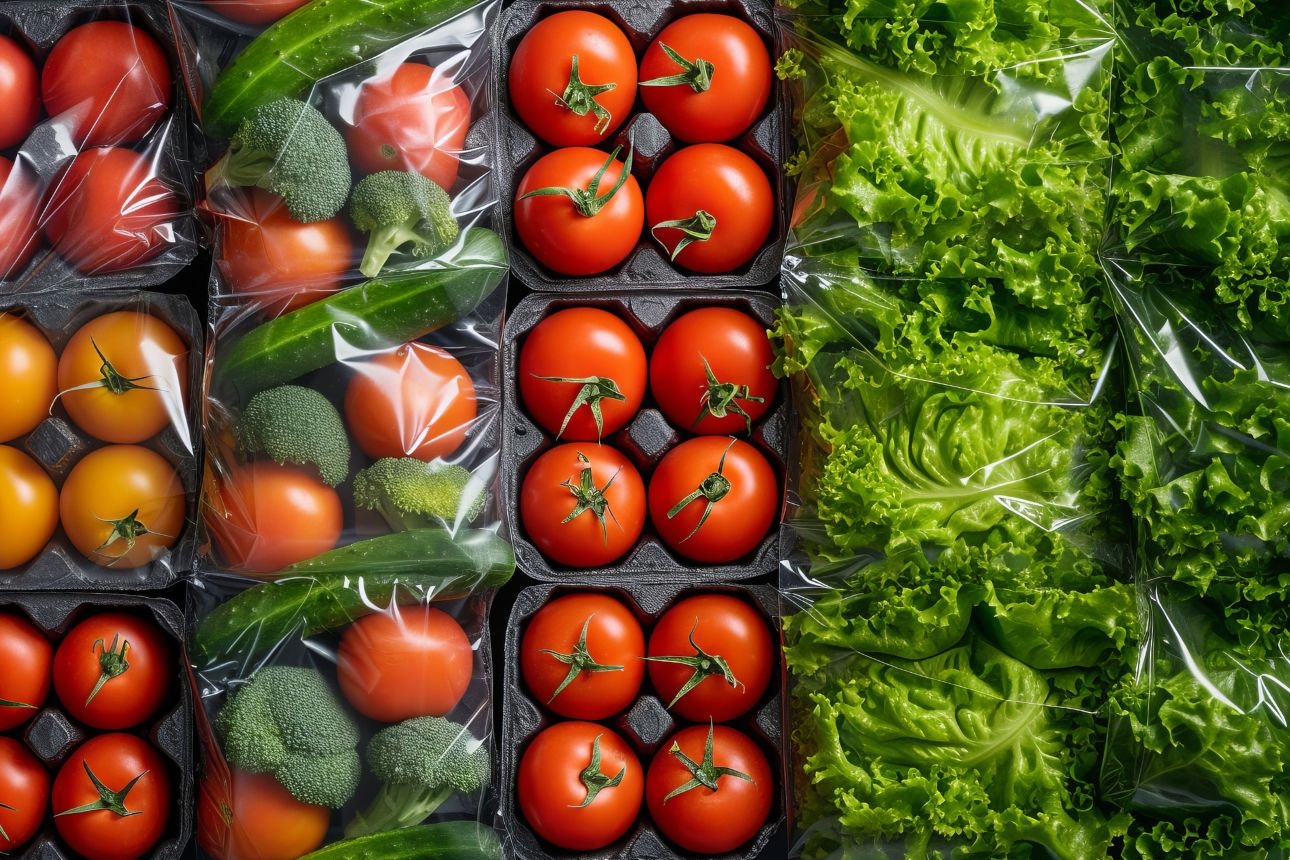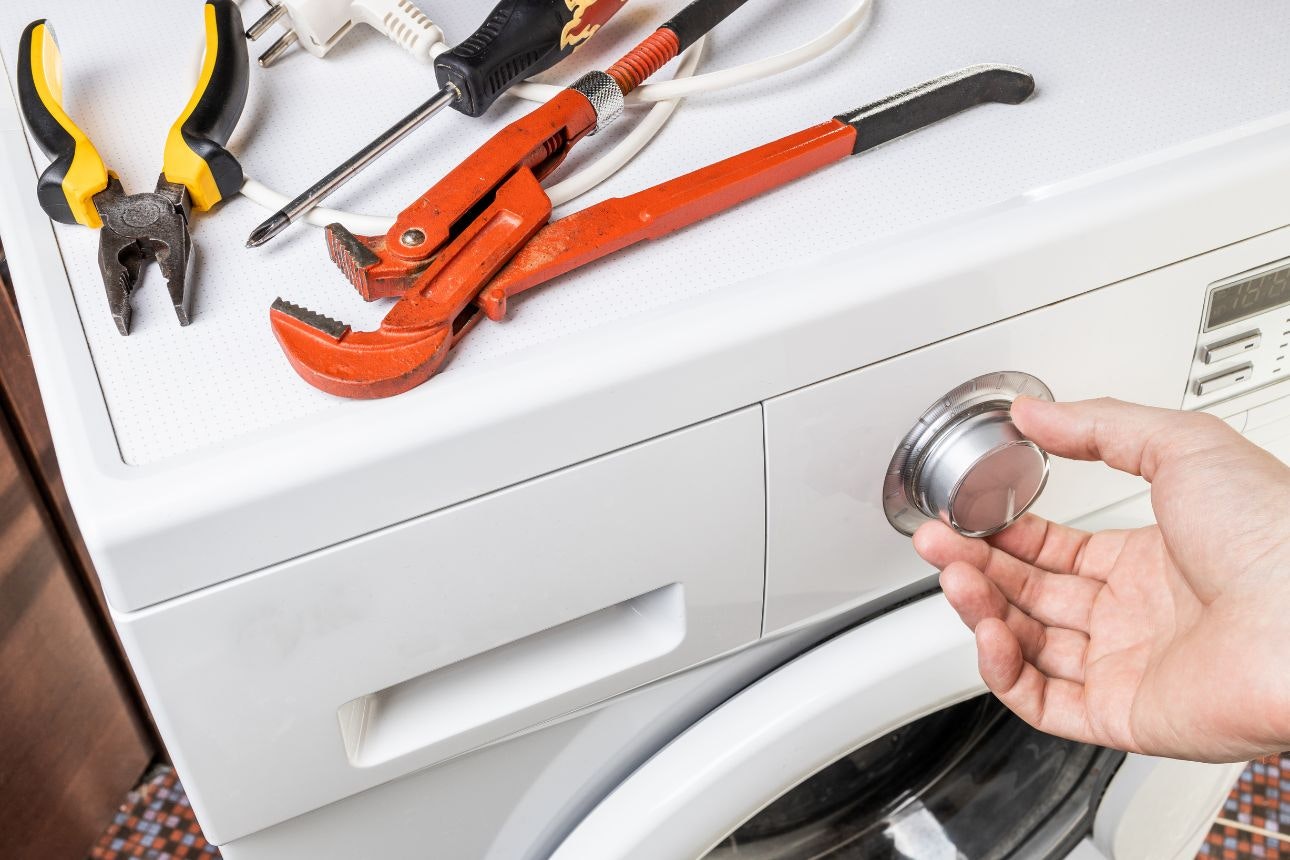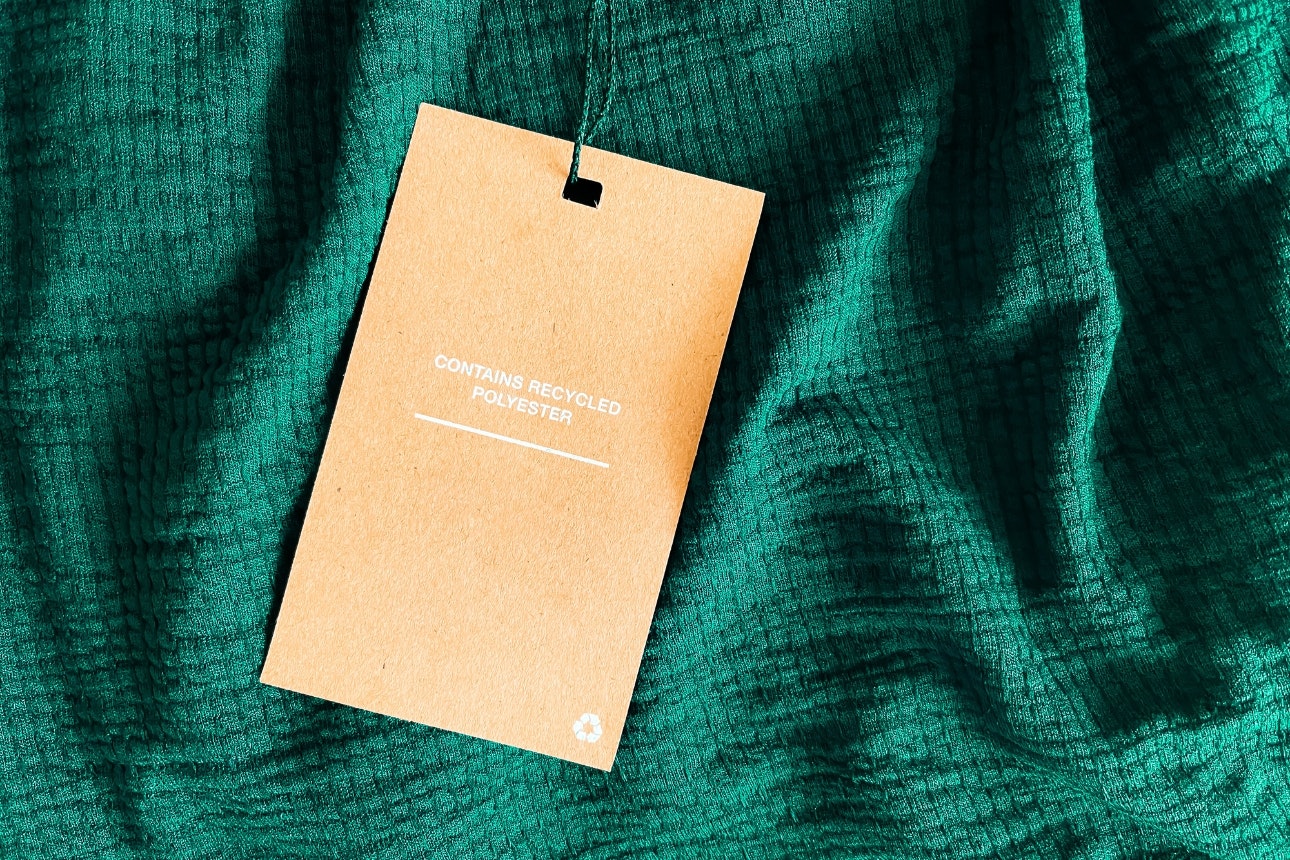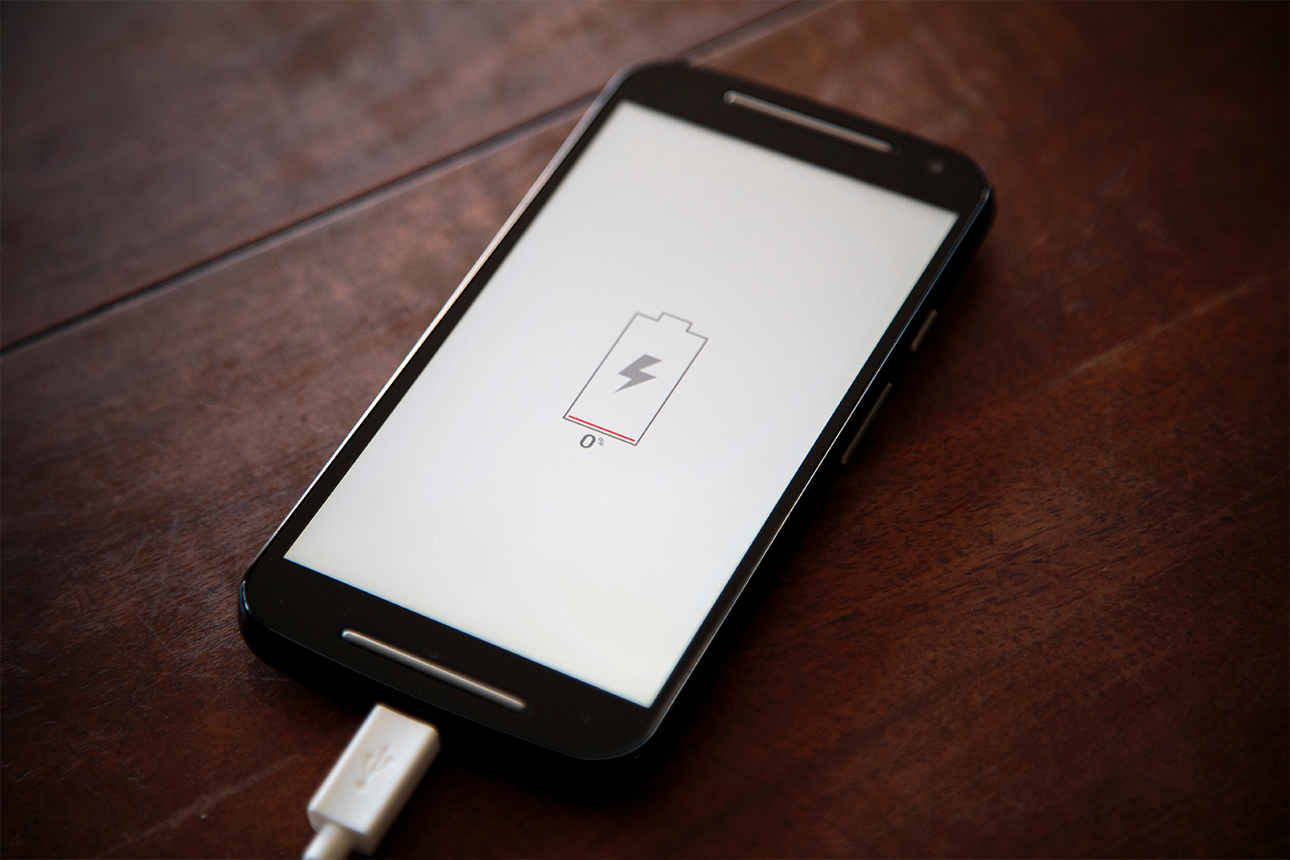
By Chris Schulz
Investigative Journalist | Kaipūrongo Whakatewhatewha
Future Post is paid to take plastic waste and turn it into robust fence posts for farming. But a Consumer NZ investigation has found it trucked tonnes of material to landfill. Is it still happening?
On this page
- 'Innovative ... a thriving business'
- How plastic is collected and turned into fence posts
- What Future Post does
- What Consumer’s investigation found
- What a previous investigation uncovered
- The state of plastic and plastic recycling
- Future Post responds: ‘We have reviewed and improved our internal processes’
- What do affiliates say about these allegations?
- The state of Future Post now
Just after lunchtime on a sunny Thursday in March, a yellow dump truck pulled out of a South Auckland business park. It moved slowly along a narrow side street, then came to a stop at a Give Way sign.
Huge sacks of plastic loaded on the back glinted in the midday sun. Ahead, traffic rushed by on Kitchener Road, one of Waiuku's main thoroughfares.
Soon, the truck lumbered into gear, lurched forward, merged into traffic and headed south. During the 50-minute trip, unsecured plastic waste caught in the wind and flew off the back of the truck, blowing across roundabouts and roads, spreading across State Highway 1.
The truck's mission was to lose far more plastic than that. Its destination was Hampton Downs Landfill, where it would soon dump its entire load – an estimated 10 tonnes of plastic waste, possibly more – into the ground, where it could sit for hundreds of years.
It is plastic some say should – and could – have been recycled.
And it’s far from the first time this has happened.
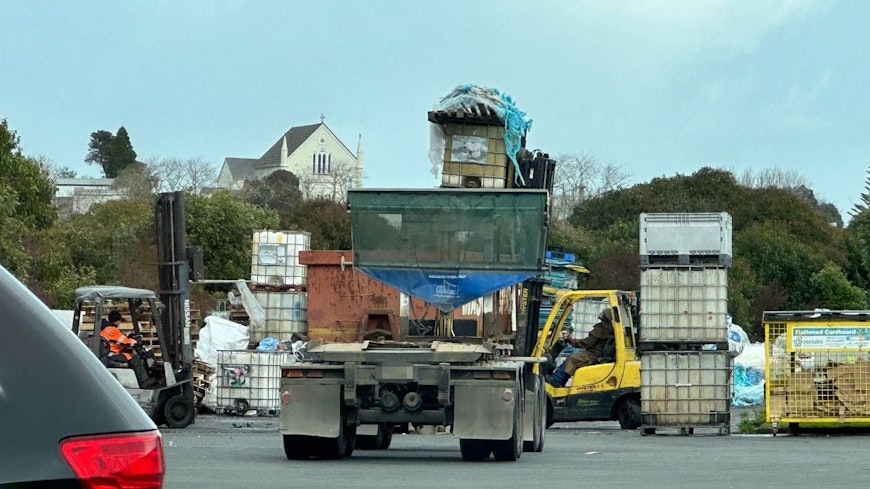
'Innovative ... a thriving business'
For much of that morning, staff members at a Waiuku recycling facility called Future Post had used a forklift to load the dump truck up with plastic waste.
From a distance, Consumer watched as staff climbed on top of the truck and jumped up and down on the plastic to fit more in, like human garbage compacters.
Future Post has been hailed by many as a recycling champion and a leader in sustainability.
Dozens of companies – including many of New Zealand's biggest brands – promote their ties to Future Post. They send their plastic waste to Waiuku, or a second site in Blenheim, and pay Future Post to recycle it. This allows them to champion their green credentials on websites and in annual reports.
Kiwibank calls Future Post "innovative ... a thriving business". It financed Future Post’s Blenheim facility, which opened in 2023. At the time, Future Post told Stuff it would double the amount of plastic it was recycling.
"Future Post ... aims to recycle the equivalent of a billion plastic bags per year by 2025, with help from Kiwibank," promotes the bank, accompanied by photos of bank staff touring the recycling company’s Waiuku facility.
Fonterra, Nestle and Woop all pay Future Post to take their plastic waste. They believe most of it is being recycled into highly durable fence posts that are then sold to farmers, or used on vineyards and in orchards, because that is what the company tells them.
But that truck, which Consumer followed on its trip to landfill on a sunny Tuesday in March, was one of two to be found making that trip during our year-long investigation.
Our investigation shows some of the plastic that arrives at Future Post's Waiuku plant isn't being recycled into fence posts. It's going straight to the dump.
And Consumer isn't the only one to catch Future Post doing this.
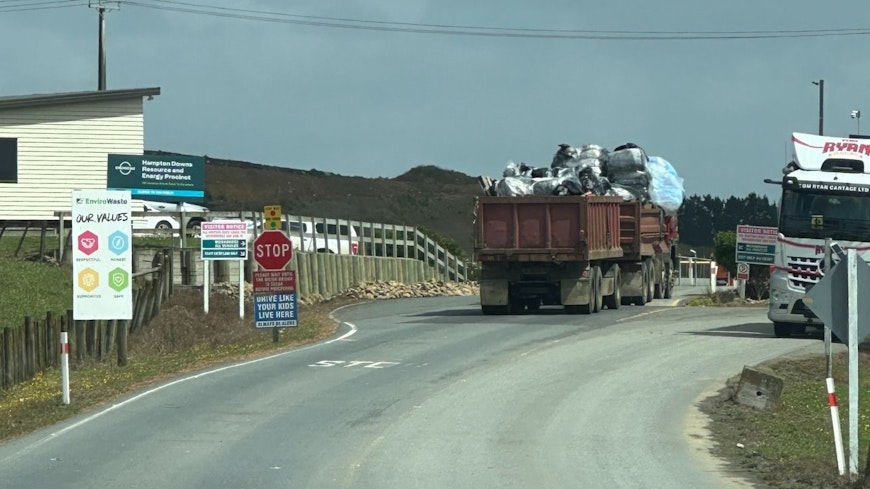
How plastic is collected and turned into fence posts
Future Post says about 19 kilograms of plastic waste – the equivalent of 250 milk bottles and 1100 plastic bags – goes into each fence post the company makes. The posts retail for $24 to $98 depending on their size, and last for up to 50 years.
The milk bottles come bundled from Fonterra and other sources. The rest comes from partnerships with other providers, including the Soft Plastics Recycling Scheme, which has collection bins in supermarkets around the country.
That scheme relies on everyday consumers to collect their soft plastics – bread bags, rice packets, product wrappers, etc – and place them in those bins.
Gemma Rasmussen, Consumer’s head of research and advocacy, is among those who diligently collects her family’s soft plastic waste and drops it off in the bin at her local supermarket every week.
“We drink a lot of Boring oat milk and we’re a family of four, so we’re going through many bottles a week,” she says. “I probably spend 10 minutes every week peeling those labels off the oat milk bottles. It's a wild amount of packaging … and a whole lot of fussing around.”
Rasmussen would be bitterly disappointed if she found out all that effort was for nothing. “You’re looking at a reputable system … Why are you wasting my time? Why are you lying to me about it? It wouldn't feel good.”
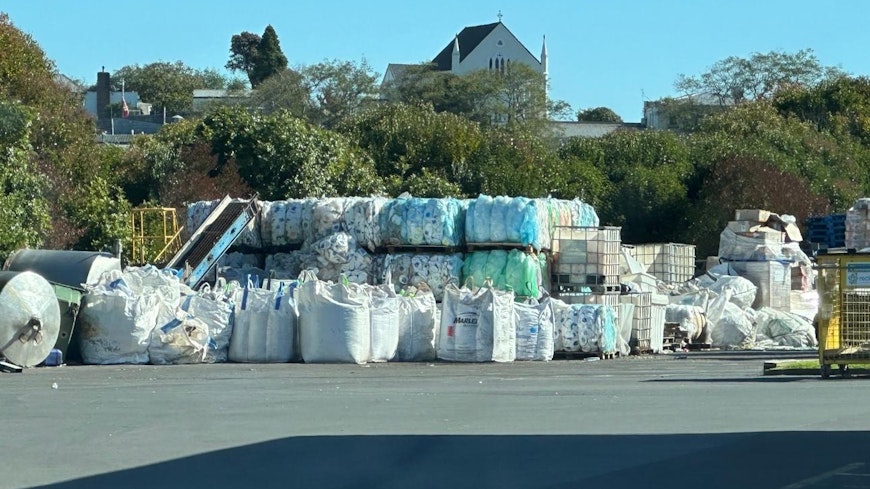
What Future Post does
Jerome Wenzlick founded Future Post in 2018. In interviews, he has said the idea came to him after building a security fence around an old rubbish dump and seeing plastic waste buried in the ground.
“That's how it all started,” he told Stuff.co.nz in a 2019 interview. “I thought: 'Why don't I make a post out of that?'"
His company’s posts are large and black, their size and weight designed specifically for farming.
Major companies have signed up to provide the plastic that supposedly goes into those fence posts, with more than 50 affiliates listed on Future Post’s website. Sources say companies pay an annual fee to take part in Future Post’s membership programme, then pay hundreds of dollars per tonne – more if their plastic is in poor condition – for Future Post to take their waste and turn it into fence posts.
In return, they use their relationship with Future Post to boast about their sustainability practices. Purex has promoted its relationship with the company in advertisements that have played in prime time TV spots.
In its 2021 annual report, My Food Bag proclaimed, “In partnership with the NZ Packaging Forum and Future Post, we can now arrange to have NZ Post collect all our customers’ soft plastics and ensure they are responsibly recycled.”
In a statement, Auckland Council told Consumer it uses Future Post to support its Waste Management and Minimisation Plan. “It … aligns with the council’s goal to be zero-waste by 2040,” a spokesperson said.
Nestle sends plastic waste from two of its companies to Future Post: Purina and Nespresso. A spokesperson said Purina had a goal of having, “100% of our packaging [being] recyclable or reusable by 2025”.
“We are keen to support robust, reliable recycling in New Zealand as the industry grows,” said a spokesperson. When asked about the allegations against Future Post, they responded: “We were very concerned … and have discussed them with Future Post.”
What Consumer’s investigation found
Consumer began surveying Future Post in August, 2023. On our first visit, on 2 August, we watched two men use a forklift to fill a dump truck with large sacks and plastic waste for several hours. Once it was full, the truck departed the site and headed north. We followed the truck to Albany, about an hour-long drive.
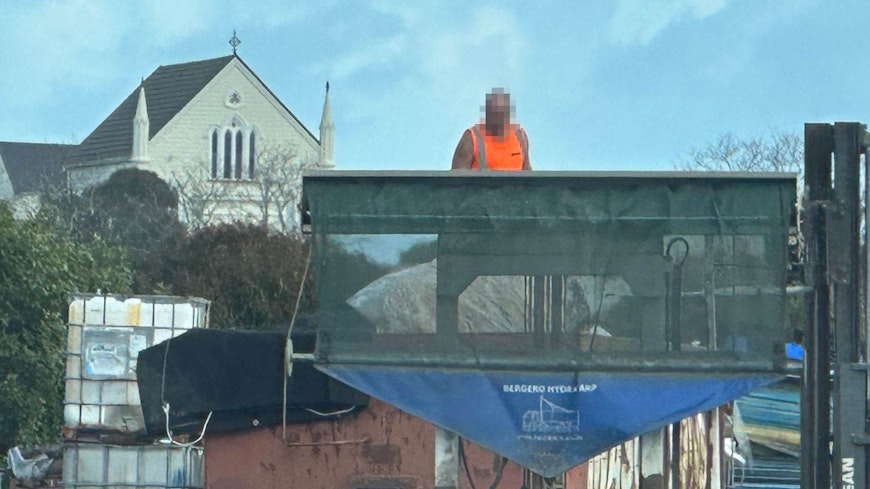
There are two landfills close to Albany: the North Shore Transfer Station in Pinehill, and the North Shore Refuse and Recycling Transfer Station on Rosedale Road.
At the Rosedale Road intersection, the truck came to a stop, indicating it would turn right towards the North Shore Refuse and Recycling Transfer Station. Instead, it suddenly took off, running a red light and veering across several lanes of traffic, to turn left. Consumer visited both landfills but failed to find the truck.
On our second visit, on 7 September 2023, we filmed mountains of plastic piled up around the site. No truck was on site that day.
On our third visit, on 5 March 2024, we arrived to find a large yellow truck being filled with rubbish by the company's founder, Wenzlick.
Shortly after 1pm, the fully loaded truck departed Future Post and headed towards Hampton Downs Landfill. Plastic blew off the back of the unsecured load, across roads, roundabouts and the motorway.
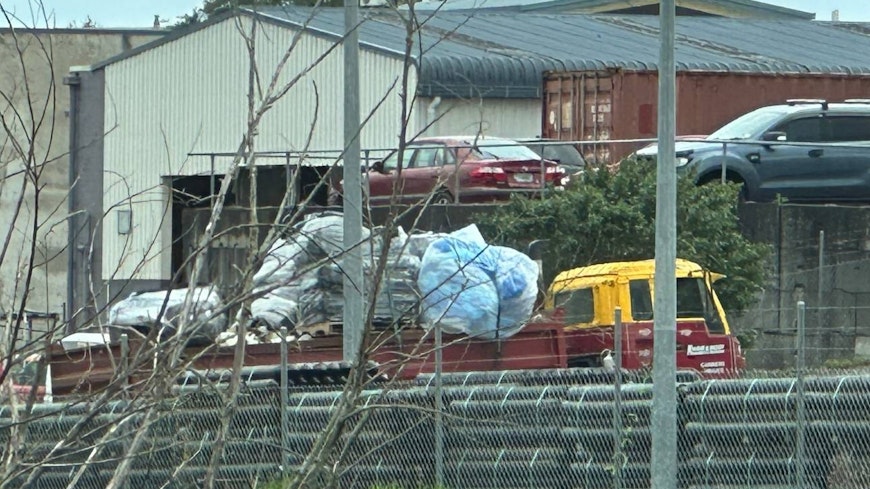
Once the truck arrived at Hampton Downs, Consumer watched it stop on a weigh bridge. About an hour later, the truck left the landfill: both of its bins were empty.
On 9 April, we again watched a truck being loaded with plastic. At one point, a smaller truck arrived, and large white bales of what appeared to be plastic waste were removed from it and placed straight on the dump truck.
When photos of our visits were supplied to sources, they told Consumer much of the plastic being loaded onto those dump trucks was of the type that Future Post has said can be recycled into fence posts.
In a statement, Future Post’s founder Wenzlick denied sending recyclable plastic to landfill. He said 97% of all plastic – 610 tonnes – that arrived at its Waiuku depot since 1 April 2024 was recycled. “If Future Post was not in business, then we expect most of the 610 tonnes of plastic we received in that period would have been sent straight to landfill,” Wenzlick says.
When asked to provide independent verification of those numbers, Wenzlick said: “Everything is accounted for.” He also said: “We are making a meaningful difference, and the results of our work speak for themselves. Misrepresenting our efforts diminishes the progress we’re making and undermines the dedication of everyone involved including our significant pool of dedicated suppliers.”
What a previous investigation uncovered
In April 2024, the Sunday Star-Times published the results of its own year-long survey that found Future Post was regularly hiring a dump truck, loading it up with plastic from its Waiuku facility and taking it to Hampton Downs landfill.
In one week, it reported witnessing this happen three times.
At the time, Wenzlick denied dumping plastic in landfill. "Unless it’s contaminated, then you can't use the stuff [and] we sometimes have to put the odd bit here and there,” he said.
Yet, in a 2021 interview with AA magazine, Wenzlick said it didn't matter what state the plastic was in when it was delivered to them.
“The beauty of the system is we can put filthy plastic through because it’s fence posts we’re making, not surgical equipment," he said at the time. "It's for outdoors."
When questioned about that statement now, Wenzlick said some plastic arrived so badly contaminated it could damage the factory’s machinery, including soft plastic that was combined with building waste or household rubbish.
Future Post does not have capacity to clean the plastic it receives. “When we unfortunately have these instances the only viable option is to send the product to landfill,” he said.
Wenzlick also claimed plastic was dumped at his facility after hours. “Often this material is not in an acceptable state and requires disposal at our cost.”
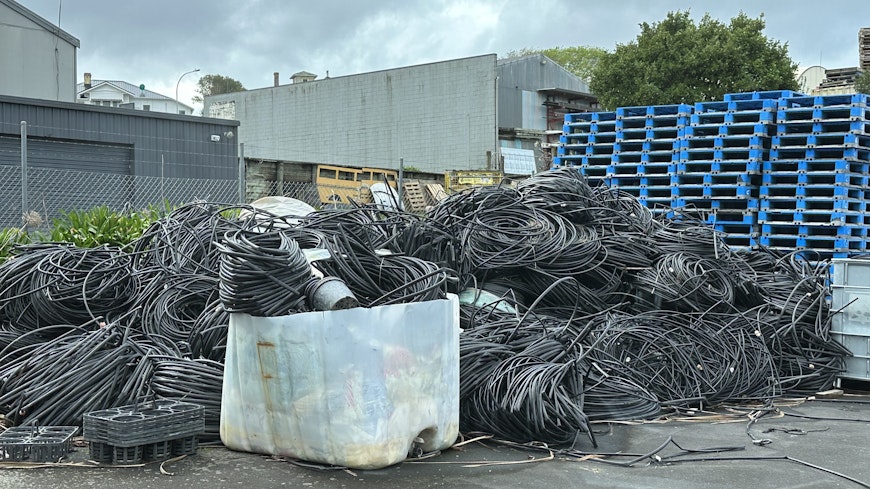
The state of plastic and plastic recycling
Sue Coutts, a zero waste strategy advocate, believes Aotearoa's recycling systems are lagging when compared to the rest of the world. "We're managing a problem that already exists, rather than coming up with a proper solution," she says. "We're mopping up ... at the bottom of the cliff."
Plastic, she says, is a problem that's only going to get worse. "We're going to triple the amount of plastic that we're making in the world, based on current projections, from 460 million tons to 1231 million tons by 2060." Of that, she says, about 9% gets recycled, "and we're still only just keeping up with the 9%".
In Aotearoa, Coutts points to the lack of a container recycling scheme, and the onus of recycling being put on consumers, rather than on manufacturers, as our biggest impediments to proper recycling solutions.
"A lot of the blame goes on the consumer: ‘They get told they won't do recycling, they're too lazy, they're too stupid’,” she says. "It's just a form of distraction from the real issue, which is that we just don't have any proper revenue streams attached to the work of collecting and processing recycling."
Robert Kelmen, the director of Reloop Pacific, says Australia’s Container Deposit Scheme, which pays residents 10 cents for every vessel that gets recycled, is working well. "The collection rate is about 65% across the country, because consumers are getting 10 cents," says Kelmen. The containers are then turned into new plastic products. “It could be much higher if we had a more meaningful refund. If it was 20 cents or above we could be getting 90%-plus like European schemes do.”
To make these kinds of schemes work, Kelmen says they require government legislation. For Australia's Container Deposit Scheme, he says any plastic collected is mandated to be recycled. "They cannot dump it in landfill otherwise they'll be prosecuted," he says. "That material genuinely has to find a recycling market."
Coutts believes Future Post is doing its best, but the difference one company can make without a complete nationwide recycling plan in place is negligible. “The last I heard, the Soft Plastics Scheme was collecting something like 6% of all of the soft plastics that are going into the market,” she says. “It's a very small percentage. It's margin-of-error stuff.”
In a statement, Minister for the Environment Penny Simmonds told Consumer work on a nationwide container return scheme remained ongoing. "I have been receiving advice and considering options on the waste work programme, including on a possible container return scheme for New Zealand," she said, adding, “The cost-of-living implications for households is a key consideration for any proposal."
Future Post responds: ‘We have reviewed and improved our internal processes’
Consumer sent a list of detailed concerns about the way Future Post was operating to the company and Wenzlick in September.
When asked if Future Post had changed the way it operates since the Sunday Star-Times investigation was published in April, Wenzlick replied, “We still operate in the same manner, in terms of managing waste plastics received. Importantly, where there is contaminated waste plastics, we take this to the landfill as there is no other option for dealing with this.”
He said many customers had reached out offering “support” following that story. “They understand how we operate and what we are trying to do in taking waste plastic that would otherwise be dumped, and turning this into practical, useful products.”
Asked if any of its customers had cancelled their contracts, Wenzlick said no. “We have not had any suppliers of plastics inform us that they will no longer send their waste plastic to us, and we have not had any customers raise issues with us arising from that story or any cancelled orders.”
Wenzlick said the company was working on improving the way it operates. “We have reviewed and improved our internal processes for recording and reporting on contaminated plastics to our suppliers, so that we can continue to receive waste plastic in a condition we can recycle it (which our suppliers all support).”
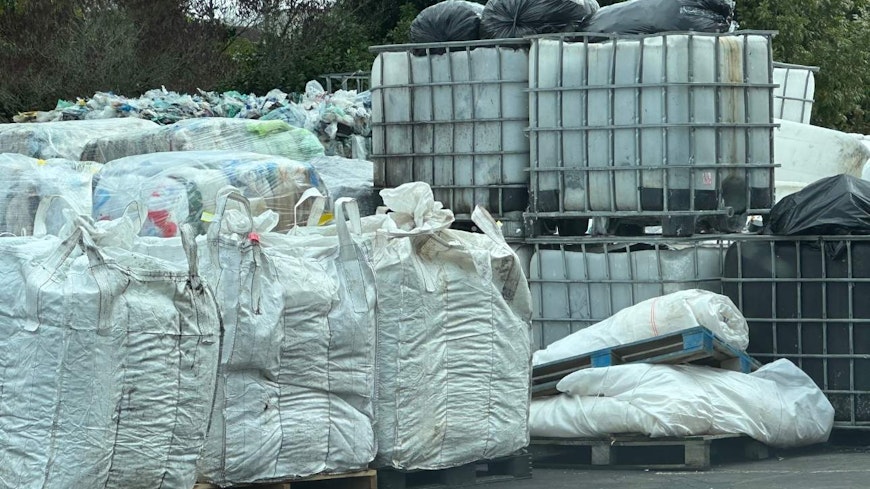
What do affiliates say about these allegations?
Consumer approached a dozen companies that have with Future Post to ask if they were reconsidering their relationship following the allegations.
All said they continued to back the programme, with some suggesting they had no other options except sending their plastic to landfill. Yet some admitted they had asked for reassurances that the plastic they were sending to Future Post was being recycled.
Kiwibank confirmed it continued to provide banking services to Future Post. “Sustainability is about continuous improvement and innovation,” a spokesperson said. “That approach is core to how we work with our business customers.”
Fonterra had sought assurances its plastic was being recycled. “We have received assurance from Future Post that our milk bottles are free from contamination and therefore able to be processed,” Amavi Mey, head of sustainability for Fonterra Brands (NZ) said.
The Packaging Forum told Consumer it had reached out to Future Post to confirm that plastic from its Soft Plastics Recycling Scheme was being recycled.
“They informed us that in the past year more than 96% of the plastic they received was recycled,” a spokesperson said. “We are confident the post-consumer soft plastic we send to Future Post is being recycled. Indeed, the Scheme has been struggling to keep up with Future Post’s demand for our materials.”
Phil Cumming, general manager of sustainability and ethical sourcing for The Warehouse, confirmed it would continue to support the Soft Plastics Recycling Scheme. “It is the only solution of scale in New Zealand,” he told us. “The alternative is landfill.”
The state of Future Post now
Consumer has continued to survey Future Post’s Waiuku site, documenting and photographing what we see. Since April 2024, when the Sunday Star-Times investigation was published, we have found no evidence of dump trucks being loaded with plastic and heading to landfill.
Instead, over the past 6 months, plastic waste has continued to accumulate around the facility. On our last visit, on 10 September, Consumer believes more plastic waste had been stockpiled around the site than we’d seen on any other visit.
Wenzlick denies this: “We keep a reasonably consistent buffer of feedstock at our site, that can be quite large when we have had a number of deliveries at once. However since April this year the amount of plastic onsite has actually reduced.”
Bundled into huge metal crates and giant white bags, plastic has been piled up around the facility’s entrance and along the driveway, spilling out into an overflow carpark outside the Waiuku Business Park, where some of the company’s fence posts are stored.
Sources told Consumer there was so much material it would take 6 months for FuturePost to recycle it all into fence posts. Will that happen? Or will it end up being taken to landfill? Only Future Post seems to know the answer to that.
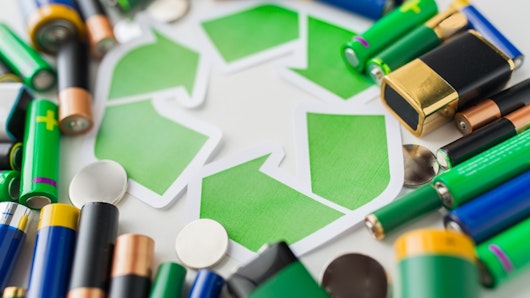
How to recycle used batteries
Batteries that get thrown away in landfill can get punctured and ignite serious fires. That's why it's vital we properly recycle our used batteries.
